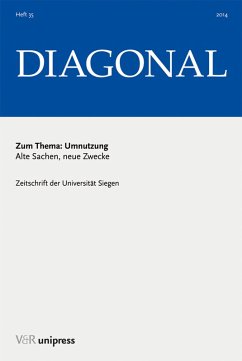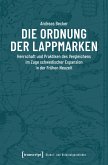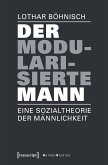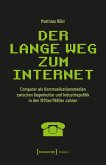Conversion - the deliberate or random utilisation of already existing articles, spaces and resources in innovative practices - is a word that is currently on everybody's lips at present. Everywhere, professional virtuousos of conversion? transform, convert, recycle and revamped, made use of and put on the market; beyond the consumer mainstream, too, people are tinkering, doing handicrafts, exchanging, patching, manoeuvring, and improvising. Conversion can be for a good cause, can be greatly valued as dynamic and innovative, but can also be put in a bad light for the improper "creative" use of achievements that are in principle quite valuable. The authors of this issue enquire into academic findings on methods and processes of conversion, their causes and consequences in past and present. They discuss current problems in architecture and urban planning, the real estate and financial sectors, art and literature, technological and cultural history, linguistics and mathematics, business and aid organisations, career choice, day-to-day business and private life.
Dieser Download kann aus rechtlichen Gründen nur mit Rechnungsadresse in A, B, BG, CY, CZ, D, DK, EW, E, FIN, F, GR, H, IRL, I, LT, L, LR, M, NL, PL, P, R, S, SLO, SK ausgeliefert werden.









